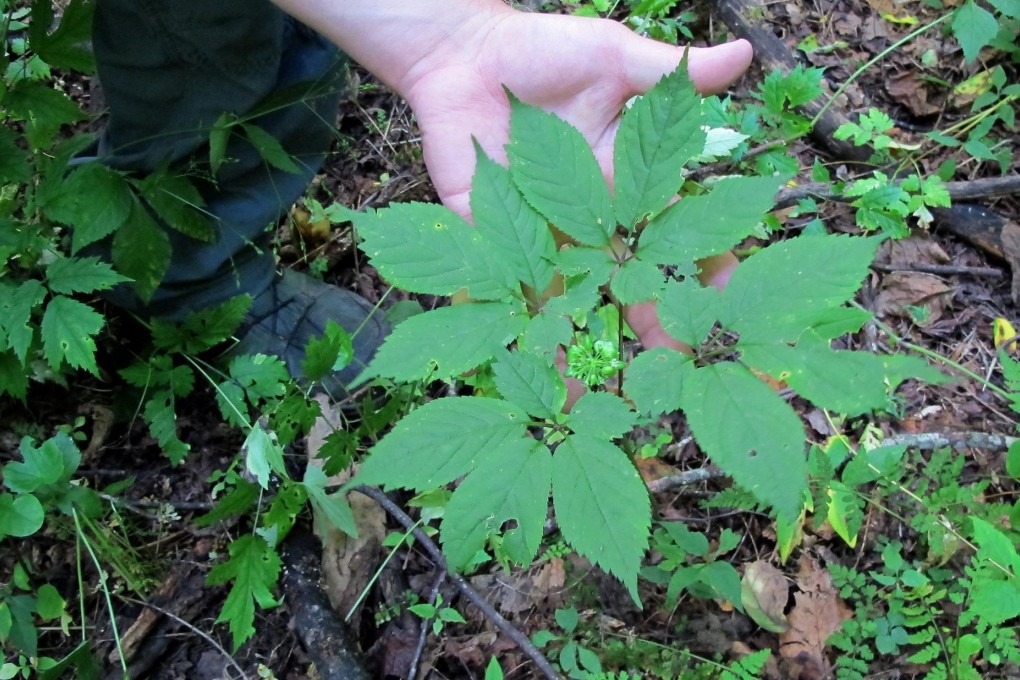Rooting out ginseng poachers in US national parks
Despite tighter security and replanting programmes, park rangers admit they're losing fight to protect valuable crop in face of demand from Asia

The first thing US National Park Service Ranger Lamon Brown noticed was an illegal campsite, littered with food wrappers and marked by a smouldering fire.

Their hands were filthy. Their clothes were muddy. One was carrying a bulging backpack.
These were the Hurley boys, notorious for rustling wild ginseng roots, a federal crime in the park. Inside the backpack were 805 wild ginseng roots, resembling dirty wrinkled fingers and weighing in at a hefty 5kg - worth US$1,300 a kilo in local markets at the time.
Billy Joe and Jeffrey Hurley were later convicted, and more than 650 of the roots they had illegally harvested were replanted by park botanists.
But even with the replanting programme and vigilant rangers, the park is losing its battle against poachers.